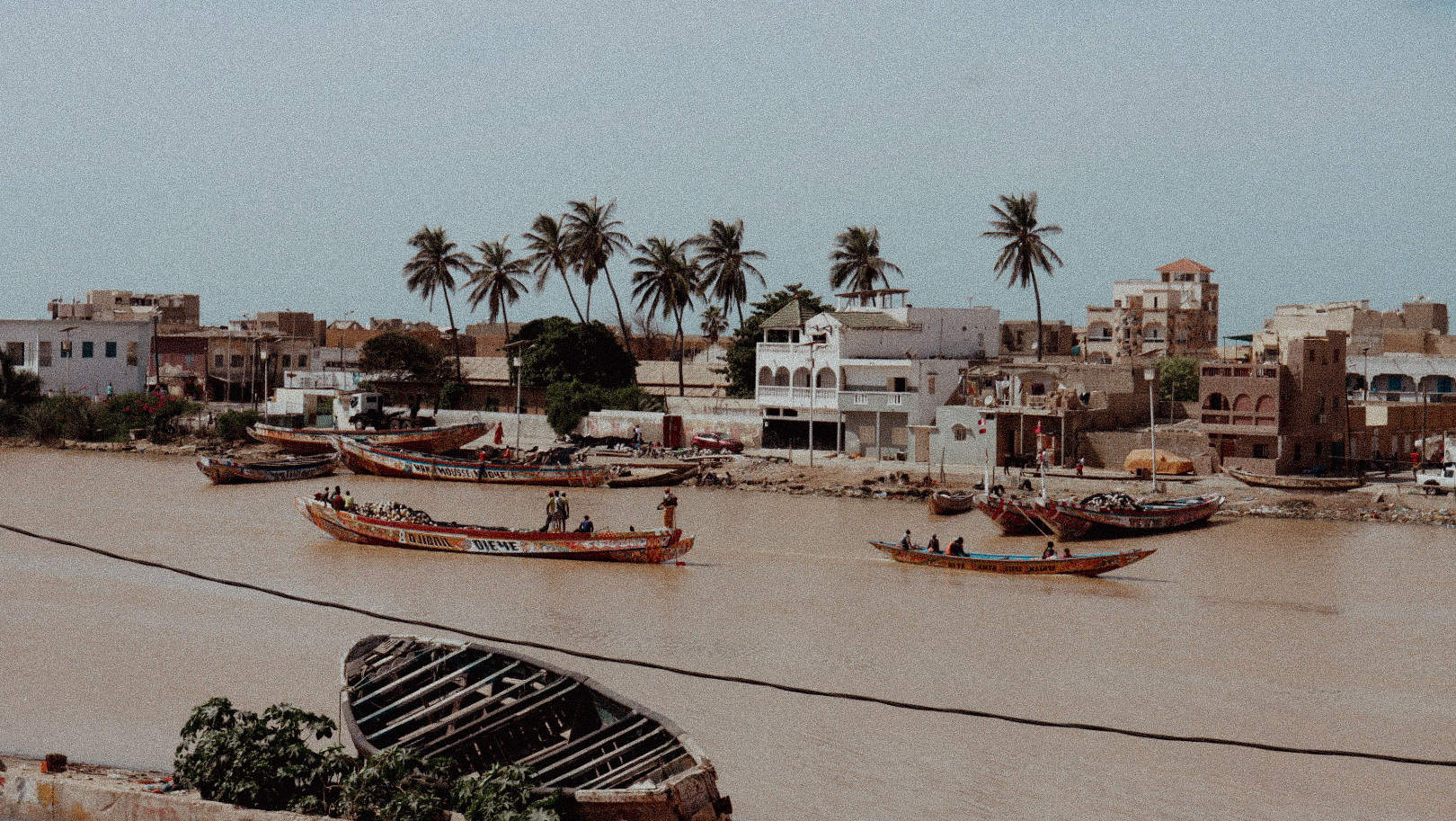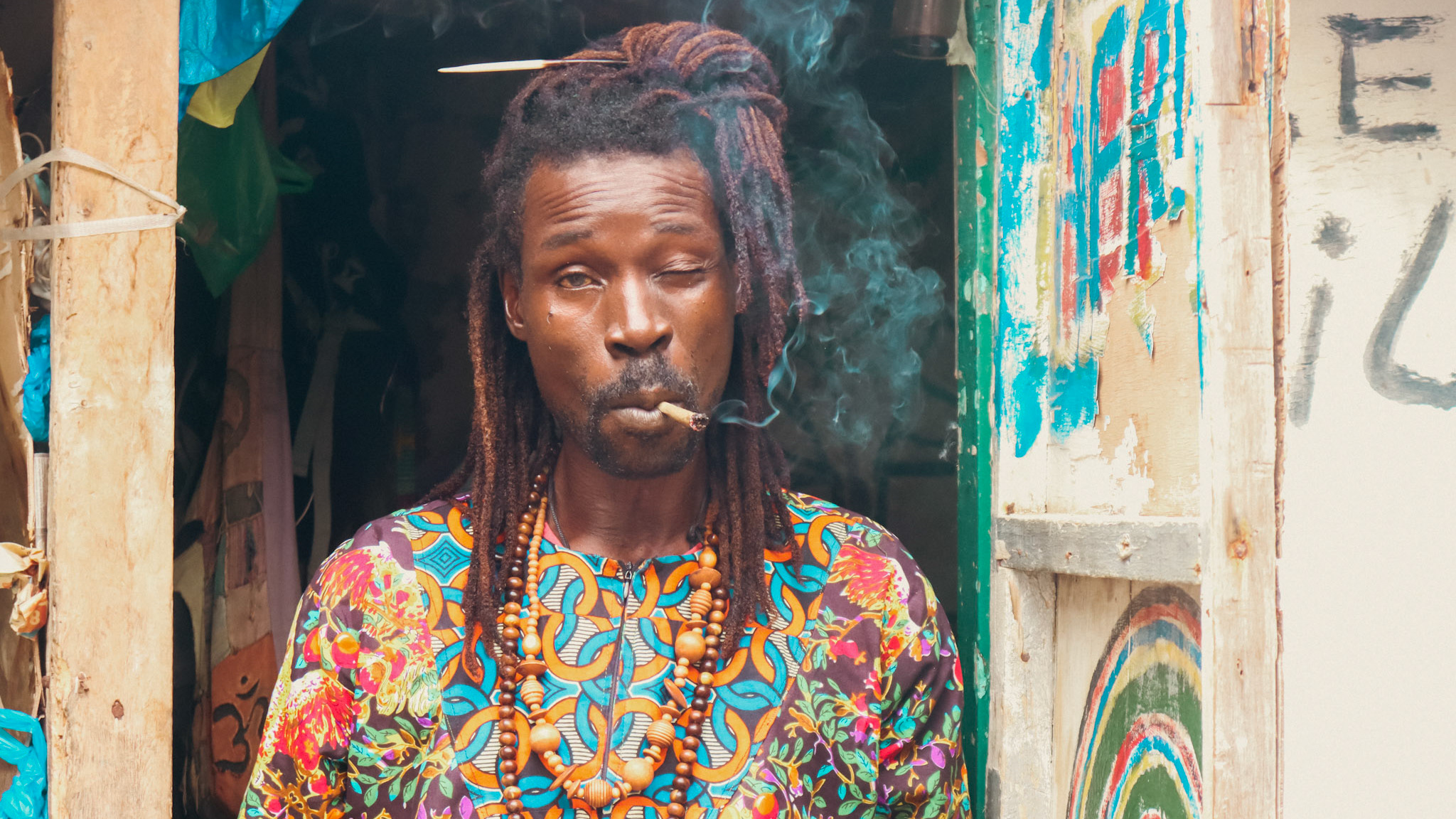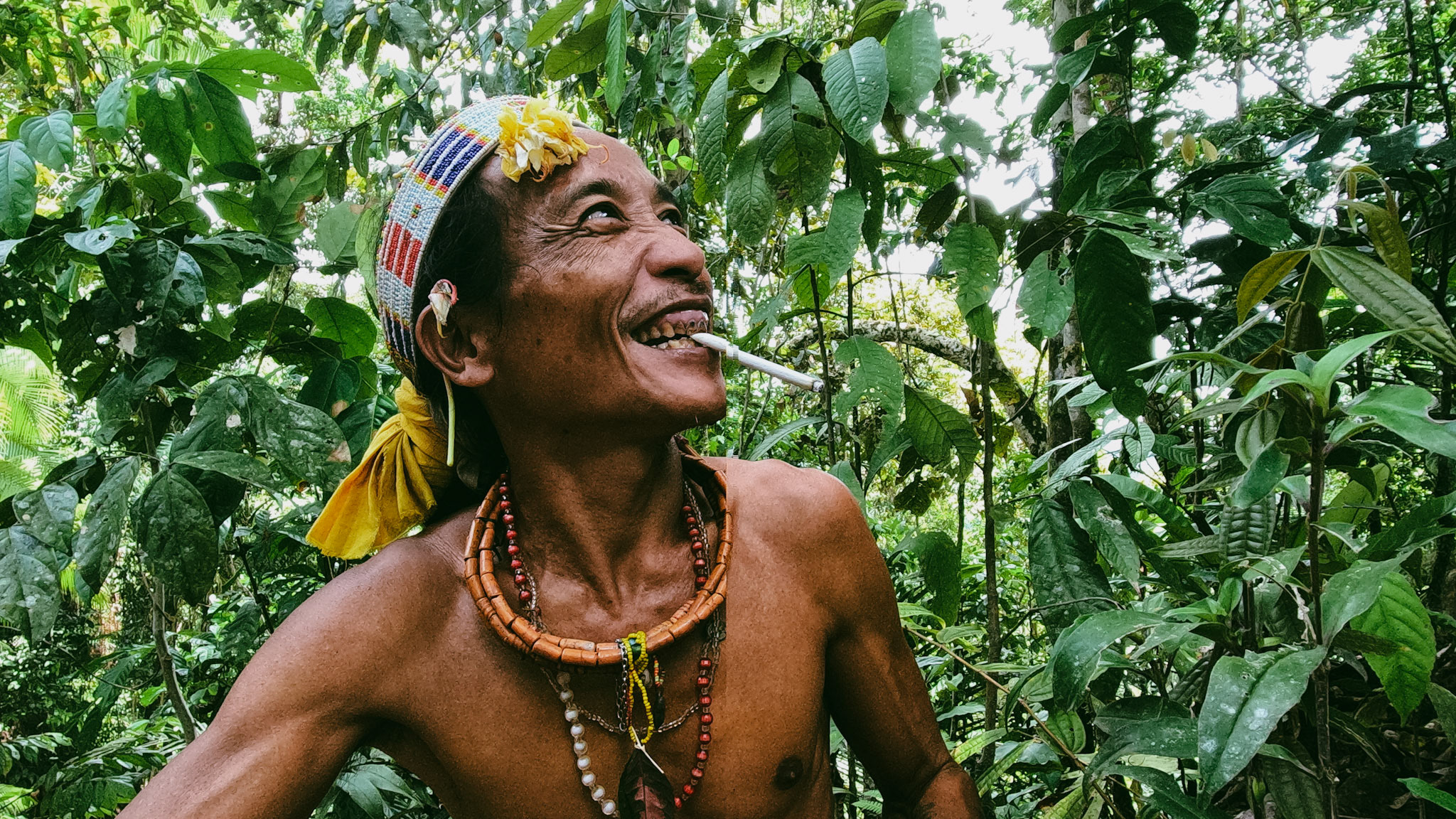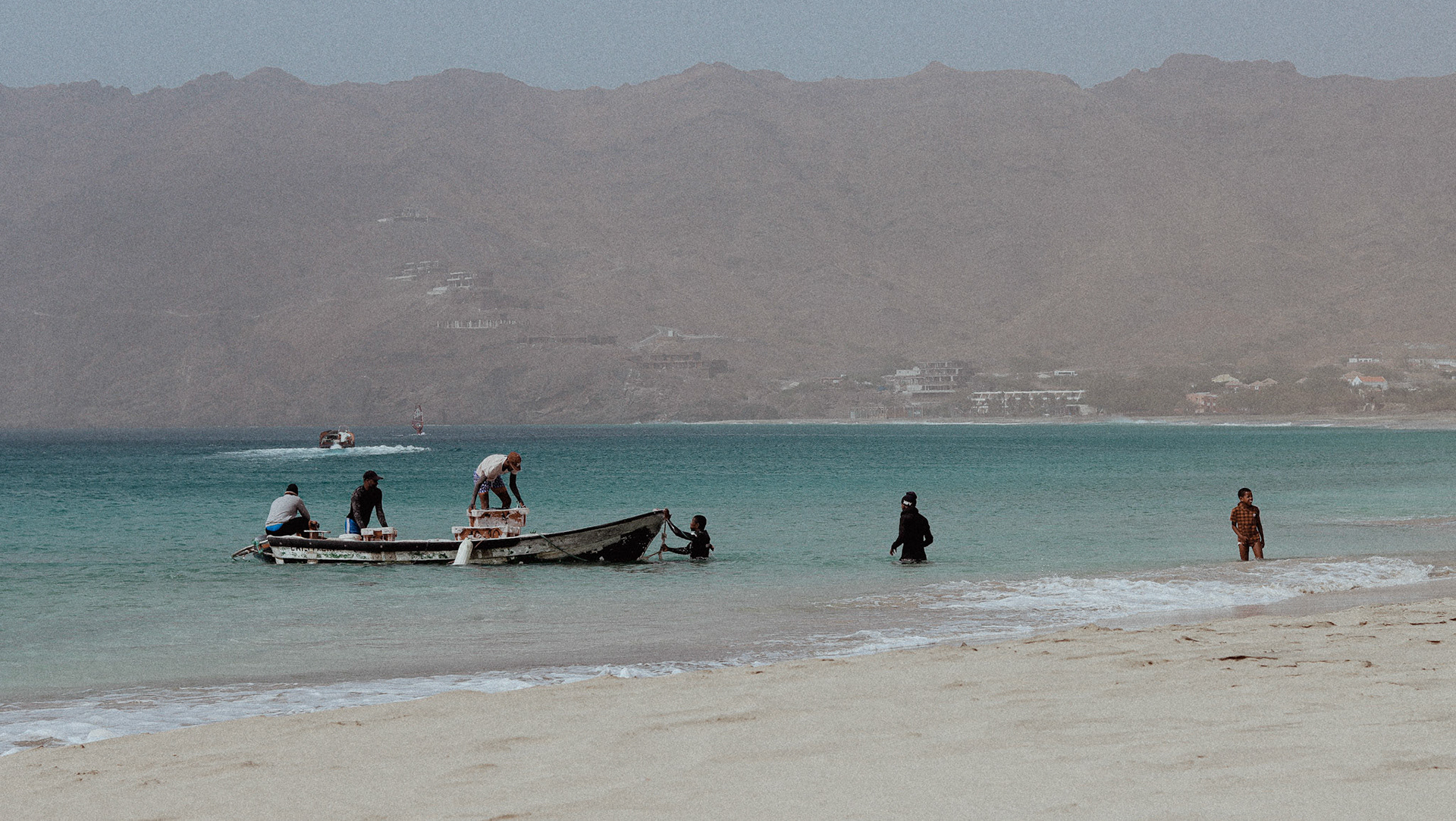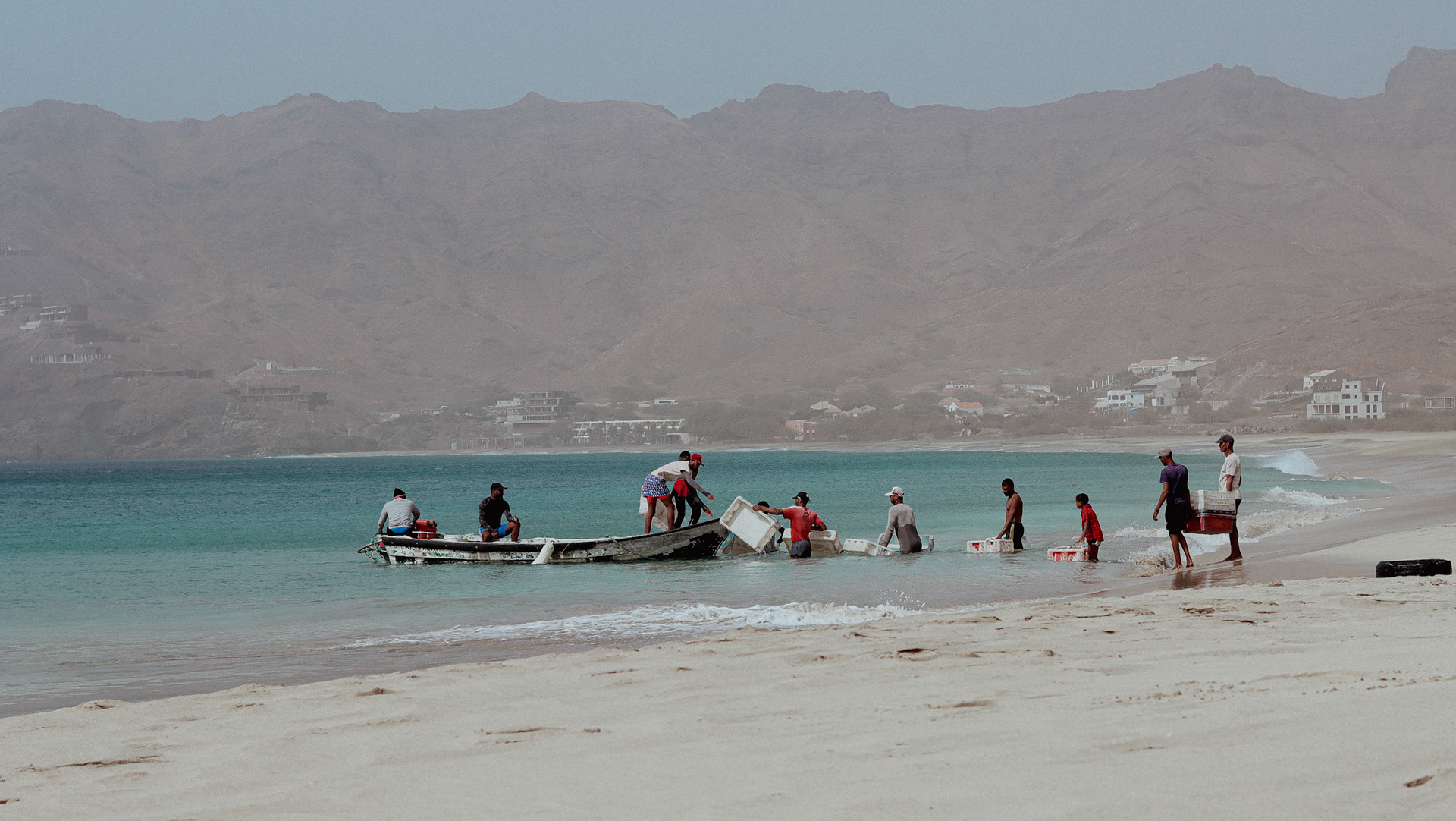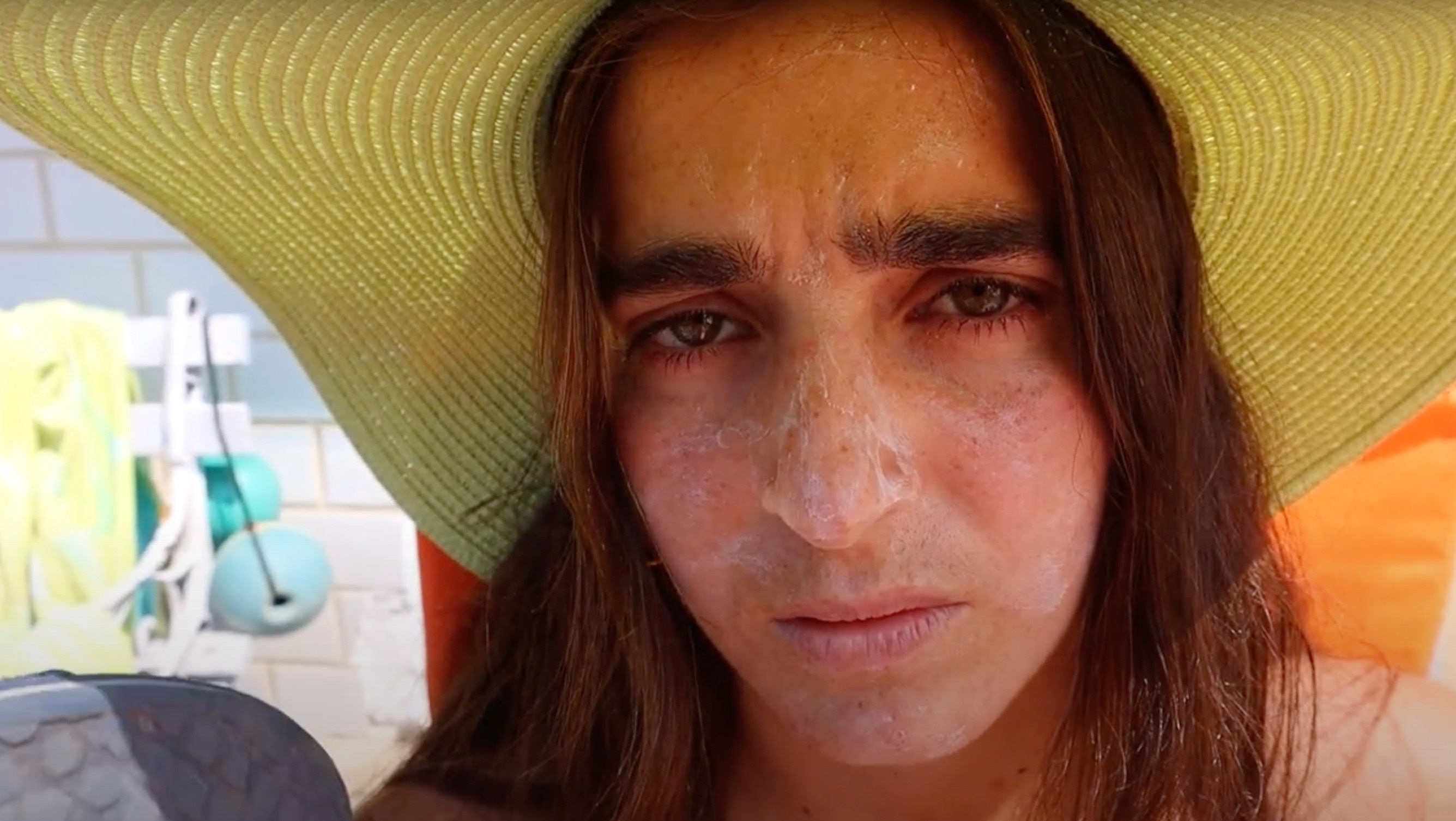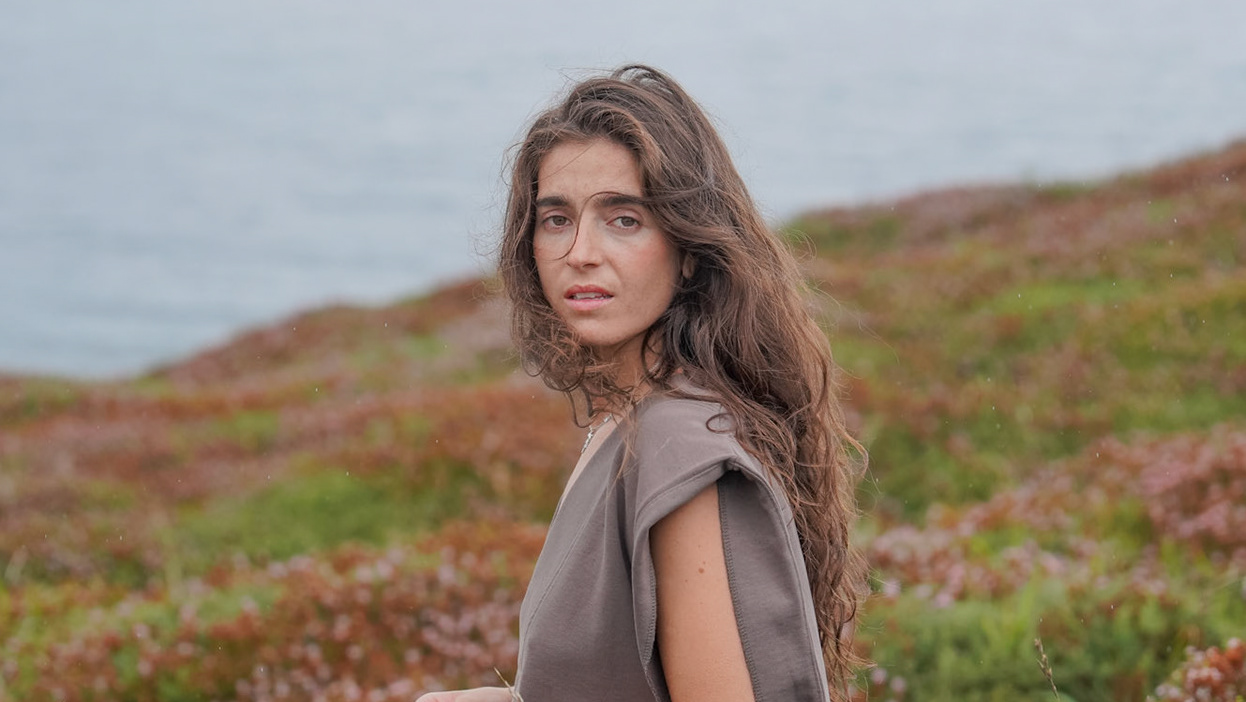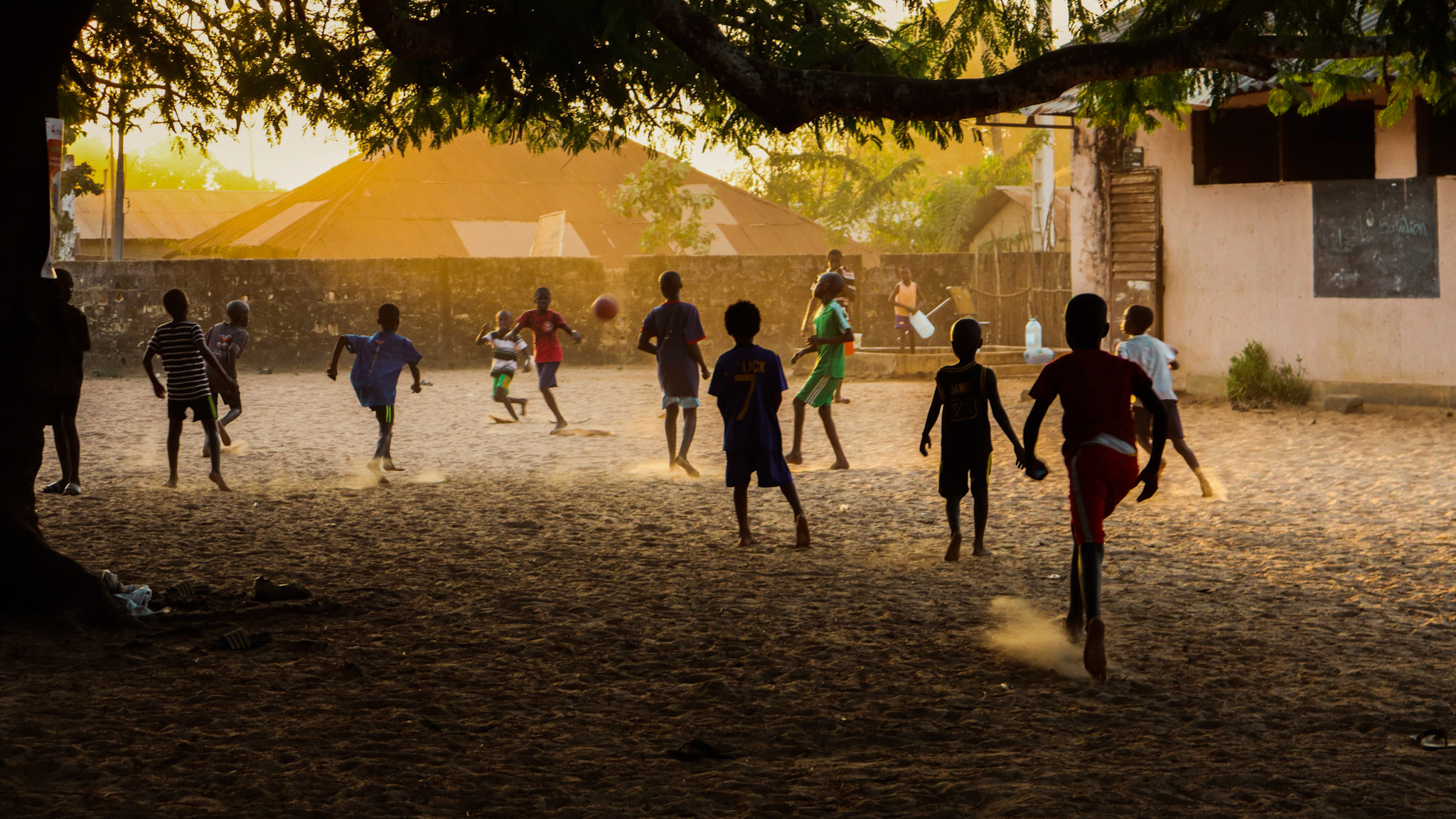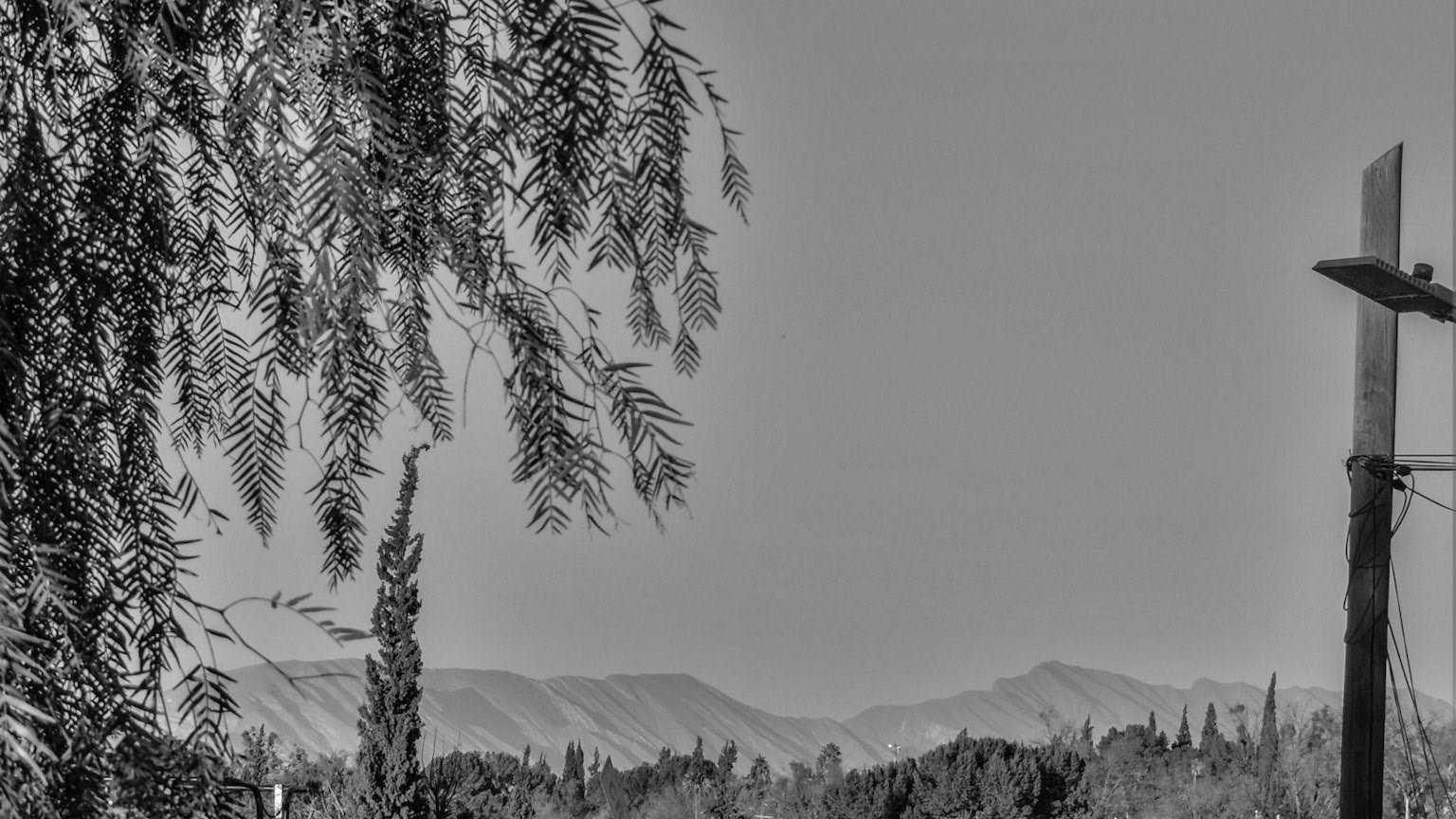WOODEN BOARDS FROM WHICH THE CHILDREN STUDY THE Coran
"The first thing they lose is their name, they become talibés, talibé children.
This is one of the first sentences uttered by Modou, the founder of the Ong Keur Talibé Ndar in Senegal.
Keur Talibé Ndar works with Talibé children in the city of Saint Louis, Senegal and I had the opportunity to join their project for several weeks.
One of the things that strikes you the most when you arrive in the main cities of Senegal, is the number of children who surround you begging you for money or food. Most of them carry their plastic buckets, where they keep all the money collected, and dress in disheveled clothes.
These children roam the streets as if they were beggars, yet for the majority of Senegalese society, they are invisible and are totally stigmatized.
"I don't like talibé children, you can't survive by begging, you have to work. Besides, everything they earn, they give it to the marabou, who beats them, it's a mafia." This is the argument that a large part of Senegalese society uses to turn its back on these children and look the other way.
These children loose their identity to become talibés.
These children roam the streets as if they were beggars, yet for the majority of Senegalese society, they are invisible and are totally stigmatized.
"I don't like talibé children, you can't survive by begging, you have to work. Besides, everything they earn, they give it to the marabou, who beats them, it's a mafia." This is the argument that a large part of Senegalese society uses to turn its back on these children and look the other way.
These children loose their identity to become talibés.
coran and other books used in Daras
Talibé children are children who, from a very young age , study in Koranic schools called "daras". A dara is a school where the Muslim religion is studied. The person in charge is the "marabout" or teacher. Most of the children who study in the daras come from neighboring countries such as Mauritania, Mali or from poor rural villages in Senegal with a majority of Pula (a specific ethnic group). As there are not enough resources in their villages (water, food, education...) their parents decide to send them to the nearest city to study in Koranic schools.
Normally in the villages where they come from there are no schools and also the children do not have birth certificates (because they are extremely poor rural areas) so they are not accepted in other ordinary schools in the country. The only way for their children to receive some sort of education is through Koranic schools. In other cases it is tradition, their parents have studied here and want their children to receive this same education, however minimal it may be.
The rest of the Senegalese children go to ordinary schools where they receive training in all subjects and in addition, they study the Koran.
Normally in the villages where they come from there are no schools and also the children do not have birth certificates (because they are extremely poor rural areas) so they are not accepted in other ordinary schools in the country. The only way for their children to receive some sort of education is through Koranic schools. In other cases it is tradition, their parents have studied here and want their children to receive this same education, however minimal it may be.
The rest of the Senegalese children go to ordinary schools where they receive training in all subjects and in addition, they study the Koran.
Most Talibé children arrive in the daras at a very young age and spend many years of their lives there. Being away from their family, this is their only home and they become their only family.
The problem is that due to lack of resources, these schools are in deplorable conditions. The children do not have a decent place to sleep, nor do they have minimum sanitary conditions. In some cases, Marabout himself mistreats them. With no resources, most of the time they are forced into begging by the Marabout itself.
There are currently about 10,000 talibé children in St. Louis and about 50,000 throughout the country, and almost all of them live in poor conditions.The Senegalese government is not able to solve this problem and it is the NGOs with their resources that are working to give a better future to these thousands of children.
Normally, their dayly routine is as follows: The children get up at 5 am. From that time until 8 am they study and pray from their wooden boards. At 8 am they go out with their white plastic buckets to get breakfast. Although a large part of society turns its back on them, there is another part that shows solidarity with these children and leaves food at the doors of the houses for them to pick it up. It is always rice with fish, chicken or vegetables.
There are currently about 10,000 talibé children in St. Louis and about 50,000 throughout the country, and almost all of them live in poor conditions.The Senegalese government is not able to solve this problem and it is the NGOs with their resources that are working to give a better future to these thousands of children.
Normally, their dayly routine is as follows: The children get up at 5 am. From that time until 8 am they study and pray from their wooden boards. At 8 am they go out with their white plastic buckets to get breakfast. Although a large part of society turns its back on them, there is another part that shows solidarity with these children and leaves food at the doors of the houses for them to pick it up. It is always rice with fish, chicken or vegetables.
Once they have gathered the food, they return to the dará to eat together. There is a very strong sense of community among the children of the same dará, after all, they are their only family. They continue praying until 1:00 p.m. when they go out again to look for food. After lunch they rest, play soccer and pray again from 4:00 pm to 8:00 pm and then go out for dinner.
THE KIDS BRING TOGETHER EVERYTHING THEY FIND AND EAST TOGETHER, SHARING THE SAME PLATE. sHARING IS SOMETHING VERY IMPORTANT IN THE SENEGALESE CULTURE
Since they only study Koran, and dont receive any other sort of education, it is difficult for them to later integrate into the Senegalese society. They arrive in the daras when they are 5 years old so when they become adults they do not want to return to the village where they were born as they feel rootless. When they grow up and leave the daras they are totally excluded, which makes it more likely for them to jump on a boat and cross to Spain. They grow up learning to make a living and overcoming obstacles on their own. Many of them decide to continue their Koranic studies, others work in whatever job they can find and others become fishermen. However, there are already few options for people who are not able to make a living.
KEUR TALIBÉ TEAM BRIGHTENING UP ONE OF THE "DARAS"
This is how Keur Talibé came into being.
Modou, its founder, observed that the NGOs working with Talibé children created day centers to help the children, where they were given food and classes in other subjects. However, at the end of the day, the children returned to their daras and their situation remained the same, it was a kind of patch.
Modou decided that the important thing was to work from the inside, from the daras, covering the specific needs of the children and working structurally. For that, it was necessary to ally with the marabouts of each of these daras.
Modou decided that the important thing was to work from the inside, from the daras, covering the specific needs of the children and working structurally. For that, it was necessary to ally with the marabouts of each of these daras.
Keur talibe wants to go to the root and that is why the work is done from inside the schools.
The ngo is composed of local people specialized in various fields: teachers, doctors... As they are local people, it is easier for them to work with the children because they know their context perfectly. In addition, several of them speak their own languages, which improves communication in order to understand their needs.
Keur talibé works mainly in 5 branches: building, awareness, hygiene, health and education,
The organization works in 14 daras where they go twice or three times a week. They work in a specific neighborhood of the city of Saint Louis called Peckine as they consider that the daras have more resources in the downtown area.
They try to provide these children with a safe area to live: a roof to sleep under, a place to wash themselves and a place to eat. And from there, they work with other areas of their education and beyond. But the first thing is to have their minimum rights guaranteed.
The organization works in 14 daras where they go twice or three times a week. They work in a specific neighborhood of the city of Saint Louis called Peckine as they consider that the daras have more resources in the downtown area.
They try to provide these children with a safe area to live: a roof to sleep under, a place to wash themselves and a place to eat. And from there, they work with other areas of their education and beyond. But the first thing is to have their minimum rights guaranteed.
ABDOULAE CLEANS HIS HANDS AFTER A LONG DAY PAINTING THE "DARA"
During the weeks that I had the opportunity to work with this ngo, my main task was rebuilding a school. A few months ago, this place barely had a roof and when the rainy season approached, the children had no choice but to sleep on the water. When I arrived, the team had already built awnings, roofs and bathrooms so that the children could undergo a dignified life. The final step was to paint it with the colors of the ngo so that the children would have a happy place to spend their days, dignifying the space and making them more visible in the neighborhood.
Every morning, we painted for hours while the children studied. In addition, some of the children were involved in the work of painting, providing them with a moment of meditation, therapy and disconnection.
Every morning, we painted for hours while the children studied. In addition, some of the children were involved in the work of painting, providing them with a moment of meditation, therapy and disconnection.
ABDULAE, ONE OF THE TEAM MEMBERS OF KEUR TALIBÉ
While we were painting, the medical team carried on with their work. Each day, they visit a different daycare center to see which children are in need of medical assistance.
The marabout brings them kids who may have injuries or any physical needs. They perform on-site treatment in the same dara and transfer to the hospital those children who have any kind of illness or complication. They have an agreement with a hospital in the city that allows them to take up to 10 children a month free of charge.
The marabout brings them kids who may have injuries or any physical needs. They perform on-site treatment in the same dara and transfer to the hospital those children who have any kind of illness or complication. They have an agreement with a hospital in the city that allows them to take up to 10 children a month free of charge.
the health team works in each of the "DARAS"
As for Keur Talibé's future projects, Modou is clear that they want to go one step further.
Their goal is to be able to offer talibé children a better future, once they finish their studies in the daras. To do so, they want to create a center that teaches different vocational training disciplines: cooking, audiovisuals, mechanics, etc. In this way, these children and young adults will be able to integrate and become part of Senegalese society, without being forced to beg or risk their lives at sea.
Their goal is to be able to offer talibé children a better future, once they finish their studies in the daras. To do so, they want to create a center that teaches different vocational training disciplines: cooking, audiovisuals, mechanics, etc. In this way, these children and young adults will be able to integrate and become part of Senegalese society, without being forced to beg or risk their lives at sea.
